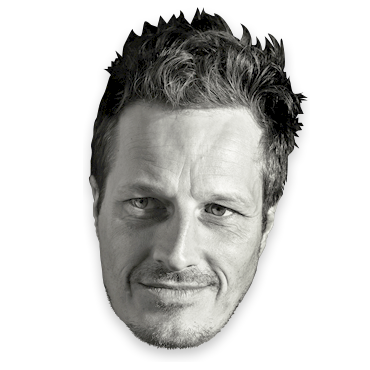On the four-day week
Recently there's been some extra interest in the four-day workweek that we practice at Icelab. We had a TV crew from the national news in last Thursday and I spoke to ABC radio on Wednesday. Today was Friday, my extra day off. What did I do?
I drove with my partner K to the city and had breakfast with her. I talked to a group of architecture students at the University of Canberra about how to give their presentations some design love. I had lunch (and, later, afternoon espresso) at some of Canberra's best cafés. I bought food and started dinner. I repaired a broken headlight on my car. I purchased some warm clothes and unpacked gear for a trip to the snow. I washed clothes and hung them out. I took out the compost. I booked accommodation in Melbourne and set up a new bank account. I read about politics and energy and urbanism and listened to podcasts about philosophy and technology. I talked with my friends and shared jokes and ranted about politics and thought about life. I collected wood and lit a fire and picked up K and talked other about her day and brought her home to a warm house with dinner on.
Not working Fridays makes me a calmer, smarter, more engaged person, a more attentive partner, a better human. Yes, it will cost you money. An extra eight weeks off per year is a lot of time to make up. But it will give you riches beyond material wealth. You can always make more money. You will never get more time.
A universal basic income
As technology advances, it's inevitable that jobs will be lost to increasingly sophisticated robots.
We should be embracing that freedom from drudgery. No-one wants to stack shelves for Amazon.
But our current focus on jobs means that the less-educated get left on the scrapheap. That's bad for everyone.
A universal basic income is an essential part of an equitable, just society, where there is dignity for all citizens.
By breaking the nexus between employment and money for living, we free ourselves and our societies to do better things.
And don't think it's just manual labour that can be automated. "Knowledge workers" are next.
What is living well?
Something I struggle with daily is the competing obligations we have to our own lives and to our world.
Seems to me that a well-lived, happy life isn't compatible with trying to make the larger world a better place.
Politics, as it is currently practiced, rewards aggressiveness, mendacity, a lack of principles. Who would want that for themselves?
But unless people of courage and compassion and empathy and kindness stand up and fight, how will it get better?


